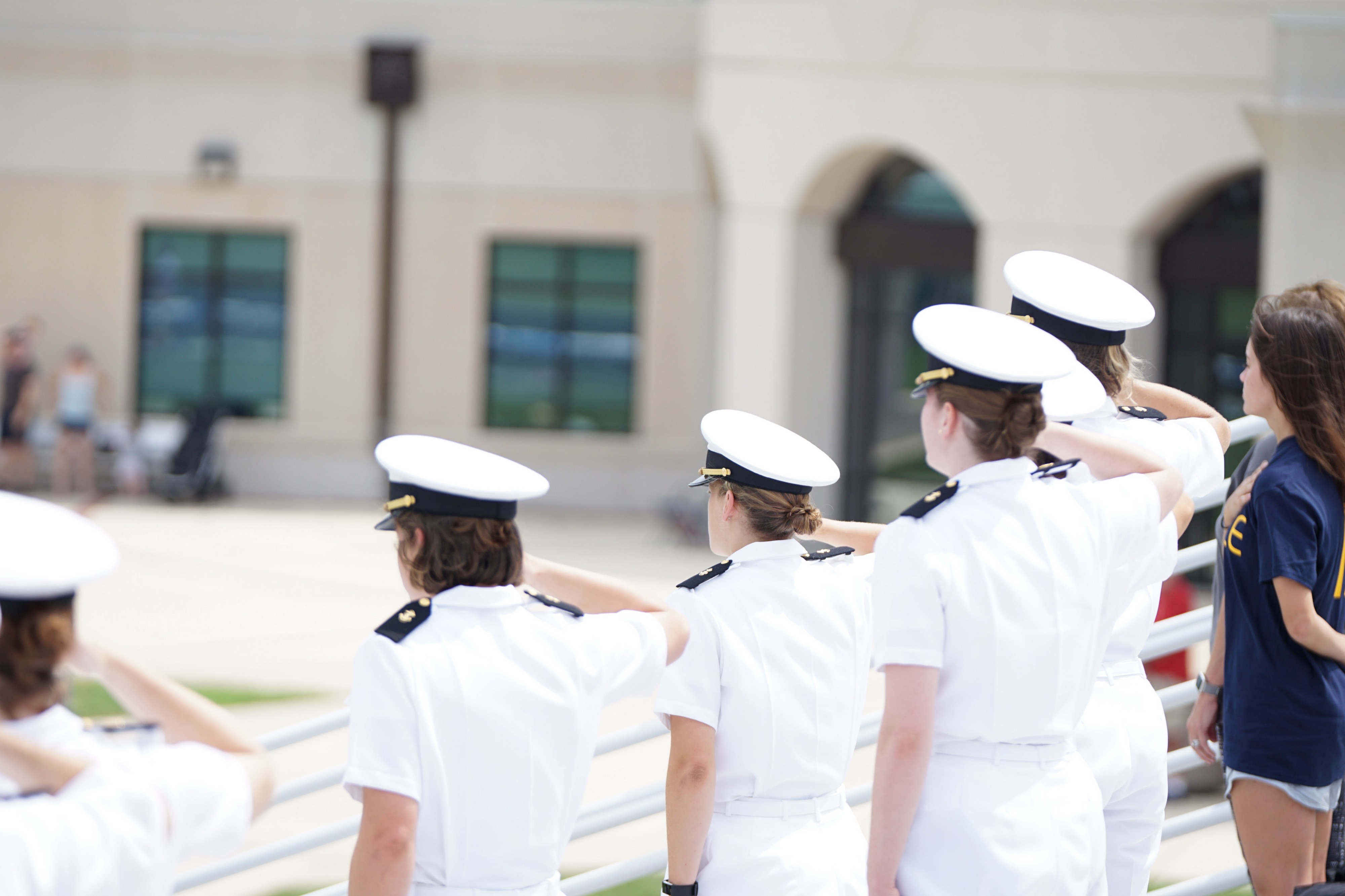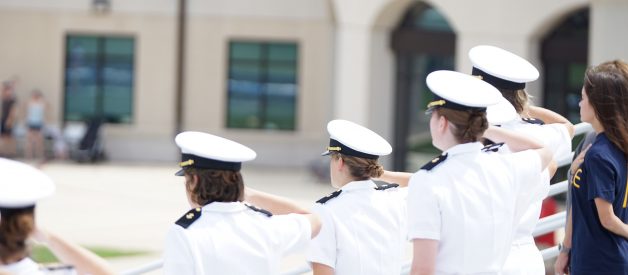 Photo by Jeffrey F Lin on Unsplash
Photo by Jeffrey F Lin on Unsplash
In a pivotal scene in the 1997 movie, G. I. Jane, Lieutenant Jordan O?Neal, the fictional first woman accepted into Navy SEAL training (played by Demi Moore), stands in the courtyard of the Naval Special Warfare Training Center and stares down the bell. All SEAL trainees are told repeatedly the bell can make it all go away. The exhaustion, the pain, the hunger, and the stress can be gone in an instant just by ringing the bell three times to say, ?I quit.? Several of O?Neal?s male colleagues ?ring out? as the courtyard clears, and, standing alone, she squares her shoulders and makes up her mind to keep going.
Two decades later, we are still debating the role of women in the Special Forces of our military. It was only in December of 2015 that then-Defense Secretary Ash Carter directed all branches of the military to open all jobs to women, including the most dangerous commando units. His order came a mere four months after First Lieutenant Shaye Haver and Captain Kristen Griest became the first women to successfully complete U. S. Army Ranger School. Today there are five Ranger-qualified women in the U.S. Army.
The U.S. Navy SEALs have yet to have a woman join their ranks. The Navy announced last week that the first woman to enter the SEAL training pipeline dropped out of the Officer Assessment and Selection Program, the first in-person evaluation of SEAL candidates. SEAL training is grueling, and seventy-five percent of the candidates that enter the six-month training program ring the bell and drop out before it is over.
Not everyone was celebrating this first attempt of a woman to break into the ranks of the Navy elite. We heard the usual objections that women are not as strong as men. There is the legitimate concern that having a woman on a combat team will be a liability if she is not as physically strong as her teammates. People worry that the push from some sectors for gender diversity in elite Special Forces will pressure the military to grade the women on a curve and hold them to a lower standard in an effort to increase the number of women who complete the programs. These are all valid concerns.
Recently, tech titan Google found itself in the midst of a similar controversy when an internal memo by one of its senior engineers, James Damore, was leaked to the press. Damore called into question Google?s gender diversity policies that seek to increase the number of women in technical jobs such as software development. He posited that some of the male-female disparity in tech jobs could be attributed to innate biological differences. Women as a group tend to be more people-focused, and men tend to be more interested in objects and things, he argued. These tendencies, he reasoned, lead fewer women to be interested in tech careers. Damore was talking about group averages, not individuals, and the fact that women hold only twenty percent of tech jobs at Google may be a product of these choices instead of an indictment of bias in hiring.
The controversy that ensued and led to Damore?s firing gets to the heart of the concerns many have with opening the elite Special Forces programs to women. Women on average are smaller and not as physically strong as men are. That?s a biological fact. If we were to see the same pressures to create equality of outcomes that we see with Google?s focus on diversity, those concerns would be valid. However, that is not what we are seeing in the military. The women who have completed Army Ranger training competed on par with their male counterparts, and the Army insists they were not given special treatment or lower standards.
These women were successful because they are outliers. They are physically stronger than the average woman is, and they had the mental toughness to get through a strenuous training program that knocks out most of the men who attempt to complete it. Most importantly, they had the courage to try something no one else had ever done. To keep moving forward, someone has to step out and risk going too far. The gumption of the young Navy woman to test herself against the best of the best should be celebrated, even though she came up short this time. It takes courage to be the first in anything, to be the person who steps up to prove it can be done. Just this week, the U. S. Military Academy at West Point announced that Simone Askew is the first African American woman to be named First Captain, the top leadership role at the academy and the cadet in charge of the overall performance of the entire corps. I will be cheering her on.
So when will we see our first female Navy SEAL? Your guess is as good as mine, but I?m confident she is out there and certain that the Navy will find her.
This article originally appeared in Acculturated.com in 2017.


